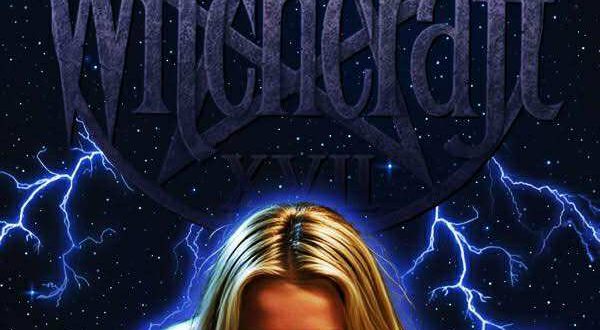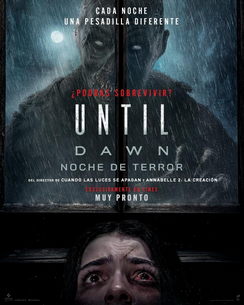Bad Boys in Boston by Del Chatterson
Author Del Chatterson, consultant, entrepreneur and strategic advisor, has parlayed his knowledge of the business world into a compelling series of thrillers that find the intersection of crime, corruption and computers.
His latest work in the Dale Hunter Thriller Series is Bad Boys in Boston. Thirty years after fighting crime and corruption in the 1980s, Dale Hunter and Frank the Fixer are now drawn into more current criminal activities as they try to rescue a niece kidnapped into sex trafficking and online pornography by Russian gangsters in Boston. Dale and Frank follow a treacherous trail into the dangerous and violent international sex trade that also exposes Frank’s tragic family history in Africa and more violent threats closer to home in Montreal.
In this BookTrib interview, Chatterson provides more insight into his work.
Q: Where did the idea come from to develop the Dale Hunter Thriller Series?
A: It took form in my head in a departure lounge in San Diego in 2014 where I first scratched out the titles and tag lines for five crime novels involving a young entrepreneur in Montreal in the international computer business of the 1980s.
It was not long after I had published my first two business books for entrepreneurs, The DIY Guide to Business Plans and DON’T DO IT THE HARD WAY, that I realized I could use the same real-life stories in those books and make them more entertaining for a wider audience (and more fun for me to write) by adding some drama, crime and corruption, murder, mystery and mayhem. I tried to follow the lead of writers like John Grisham, David Baldacci, and Kathy Reichs, who have untraditional heroes in their crime novels and manage to write very appealing stories.
Over the past ten years, the story ideas have evolved and the cast of characters and crime scenes have expanded. I am now finishing the sixth in the series and working on new story ideas for a few more. The main theme continues — taking ordinary people, dropping them into difficult and dangerous situations that also present moral dilemmas, then having them find solutions.
Q: What are some of the nuances of writing a series with recurring characters? Dale Hunter and Frank the Fixer have evolved over 30 years. How do you balance their past experiences with the challenges they face in today’s world of crime?
It’s important to ensure that each novel works as a standalone. It’s important to provide sufficient background in each novel to introduce Dale and Frank to new readers, as well as some additional details of their personal history for added interest to continuing readers.
Frank the Fixer, a young Somalian refugee who came to Montreal as a teenager and evolved from tough street-kid to become a PI working both sides of the street between the gangsters and law enforcement, was introduced to the naïve young Rocky Mountain boy, Dale Hunter, who had become a successful entrepreneur in the 1980s computer business, when he needed help to extricate himself from the escalating threats of local gangsters from protection money and extortion to kidnapping and murder. They have evolved together, as Dale gets tougher and Frank becomes better connected in the world of crime, and they both become more capable in responding to the threats of the gangsters and criminals around them.
Q: What inspired you to explore the dark world of sex trafficking and online pornography in “Bad Boys in Boston?”
A: Bad Boys in Boston is a departure from the earlier novels set in the 1980s with themes of crime and corruption in business and shifts to a story set in the modern era and the global tragedy of human trafficking. It was inspired by my wife’s work as a social justice activist working with Canadian and international organizations focused on protecting women and children from being illegally exploited for profit in the sex trade and online pornography.
I wanted to present the issues within a story of the horrific personal experiences of the victims and their families, not from the perspective of law enforcement or government regulators trying to limit the abuses while protecting individual freedoms, but from the perspective of the individuals who rationalize their choices and ignore the potential ugly consequences and of those who are dealing with the victims and trying to limit the damage done.
Q: Frank’s tragic family history in Africa adds depth to his character. How did you develop this backstory?
A: The character, Faysal Mohamed Abou, better known as Frank the Fixer, was created from my recollections of a young Somalian refugee who worked for me in Montreal in the 1980s. He was a big, good-looking young man of strong character who had an interesting life history before and after coming to Montreal and he raised my awareness of Somalia and its shocking history of violence and failed governments in that country over decades.
Q: You delve into complex relationships between criminals, victims, and those seeking justice. How do you approach writing morally ambiguous characters like Frank the Fixer?
A: I’ve been told that I’m a good actor and I think that’s the skill I’ve applied in my creative writing. As you’ve probably heard before, “If you can fake sincerity, you’ve really got it made.” As a writer of fiction, you have to fake other emotions — anger, fear, anxiety, affection, and more. It requires an ability to get inside the head of someone who is different from you and think like they would and act like they would in different situations. It’s a necessary skill for writers to be able to present a wide range of believable characters who reveal themselves though their actions and dialogue with other characters.
In addition, I develop a more complete background profile on each primary character that the reader doesn’t need to know until it relates to a specific action or incident in the story. For their moral dilemmas, I try to hear the inner dialogue that might affect their decisions and their response, verbal and non-verbal, to questioning from other characters.
Q: The novel involves violent themes and the grim realities of sex trafficking. How do you ensure the subject matter is handled with the appropriate sensitivity while still maintaining the intensity of a thriller?
A: That’s a constant balancing act. I try to avoid too much gruesome graphic description of violent acts and focus on the emotional reactions of the victims and their family and friends who are most affected by the situation. That’s usually shown in sharp contrast to the emotionless brutality of the evil doers.
I do not want to attract thrill-seeking readers looking for extended scenes of graphic sex and violence. I don’t want to make tragic stories entertaining, either. If it’s horrific, it needs to be described as horrific, without exploiting someone else’s tragedy to attract readers. My approach is to make it a good thriller novel by focusing on fascinating characters, a dangerous plot with intriguing twists, and a mystery that is solved by ingenious protagonists.
Q: How do the locations of Boston, Montreal, and international settings contribute to the mood and pacing of the novel?
A: It’s always an issue for Canadian writers — if their stories are set in Canada, will they still appeal to the much larger market of American readers? I was determined to be authentic with my Canadian story and, fortunately, my American editor on the first novel accepted that Montreal was probably “exotic” enough to appeal to Americans. Aside from that, the stories have universal themes and plot lines that resonate with the real-life experiences of everyone everywhere.
Q: What do you hope readers will take away from Bad Boys in Boston?
A: My mission with everything I write is to demonstrate that entrepreneurs can be the hero, not always the villain, and I try to inspire them to be worthy role models of enlightened, responsible entrepreneurship, while also trying to generate more sympathy and understanding for entrepreneurs.
With this novel, Bad Boys in Boston, I digressed into raising awareness of the crimes of human trafficking related to the sex trade and online pornography and the impact of the public’s apathy and ignorance on the victims and their families.
Mostly, however, I hope that readers will simply enjoy the adventures of the crime-busting duo.
RELATED POSTS:
Thrilling Rescue in Seedy Cityscapes Reveals Real-Life Horrors
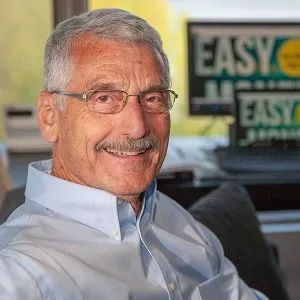 Del Chatterson is an experienced writer, entrepreneur, business advisor and cheerleader for entrepreneurs. He has over 30 years of successful business and consulting experience. He is now focused on his writing projects, including the Dale Hunter Series and other works of fiction, while continuing his regular business articles and blog posts for entrepreneurs.
Del Chatterson is an experienced writer, entrepreneur, business advisor and cheerleader for entrepreneurs. He has over 30 years of successful business and consulting experience. He is now focused on his writing projects, including the Dale Hunter Series and other works of fiction, while continuing his regular business articles and blog posts for entrepreneurs.
Del has also written four editions of two business books and is currently working on his collections of short stories. His first novel in the Dale Hunter Series, No Easy Money, was published in August 2018 and the next two novels, Simply the Best and Merger Maniac, were released in the spring and fall of 2019. Crash Landing is to be released before the end of this year, and Whatever It Takes is planned for early 2025.
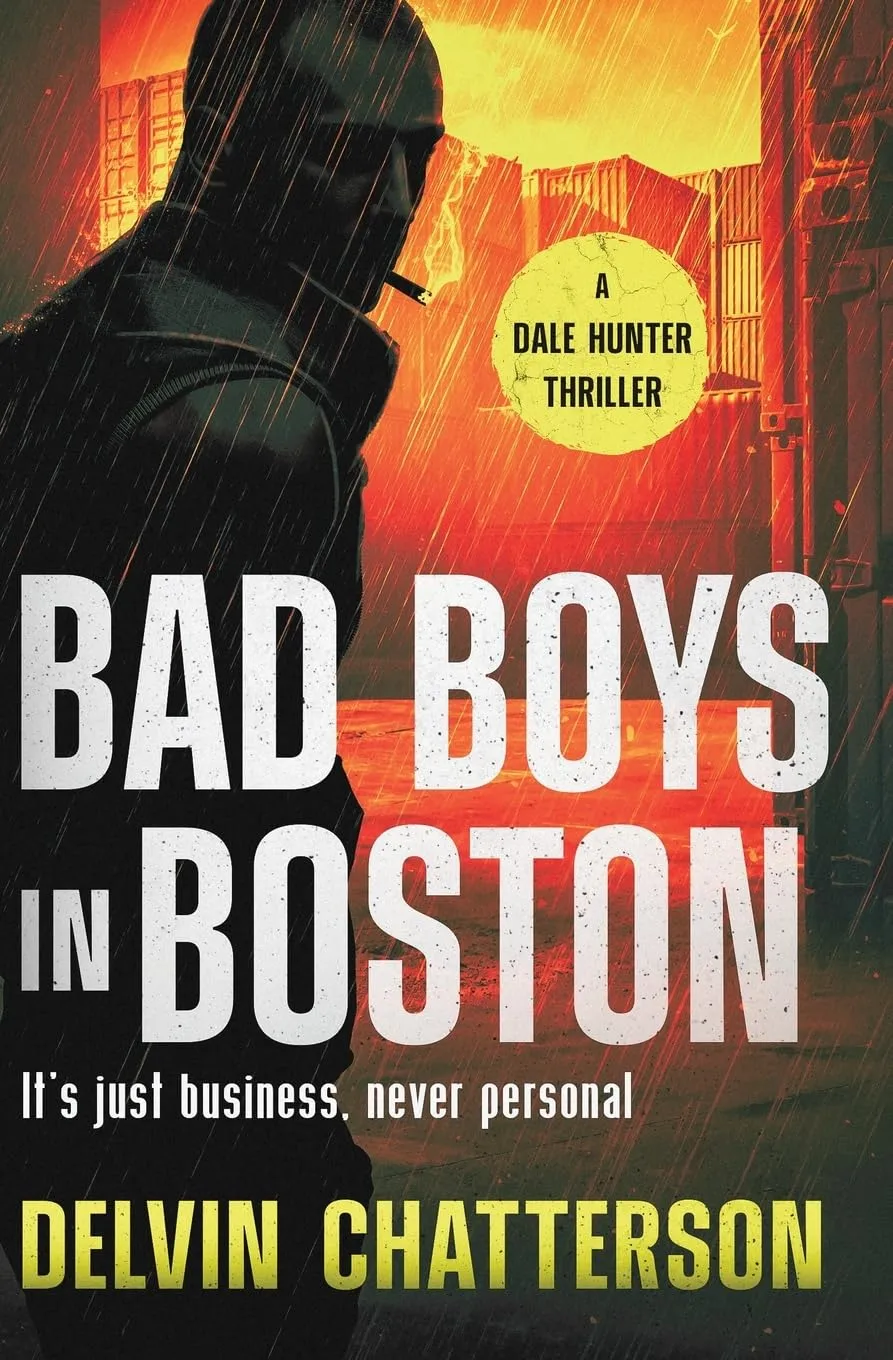
Publish Date: 5/31/2024
Genre: Thrillers
Author: Del Chatterson
Page Count: 325 pages
Publisher: Canada Inc.
ISBN: 9780987956972

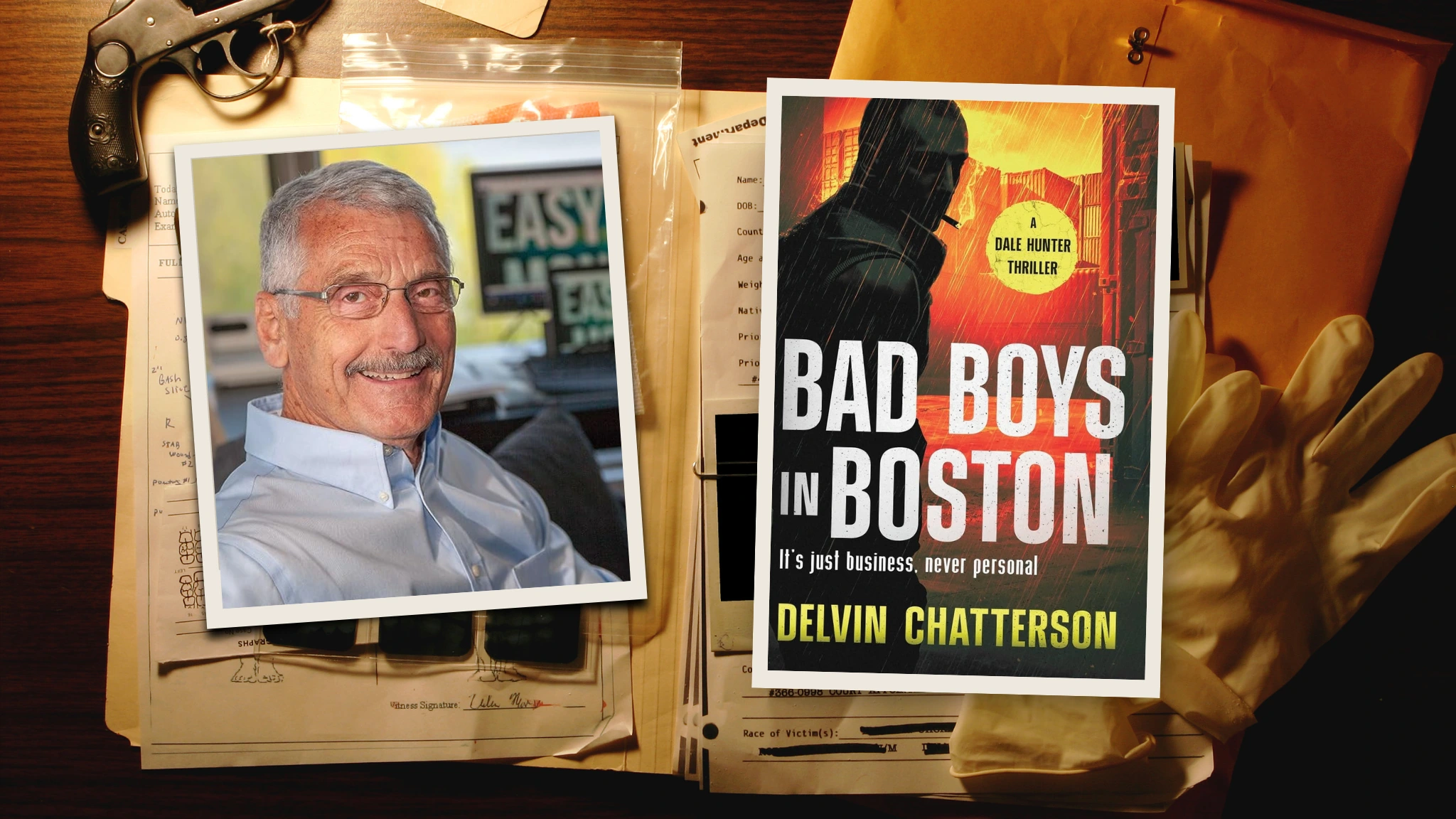


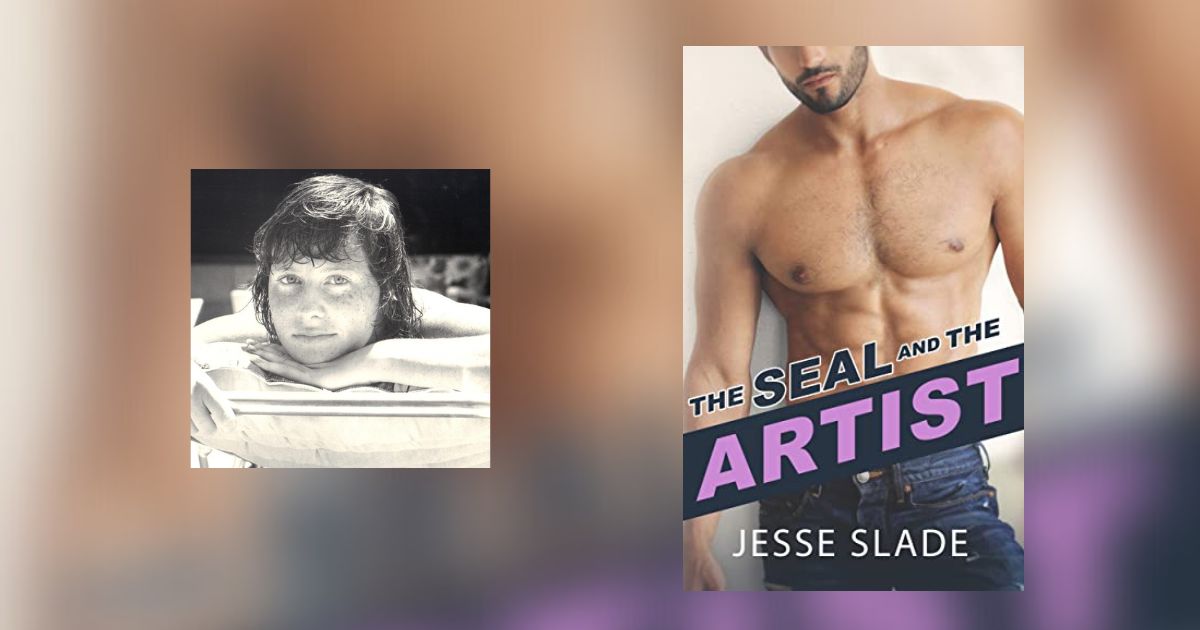


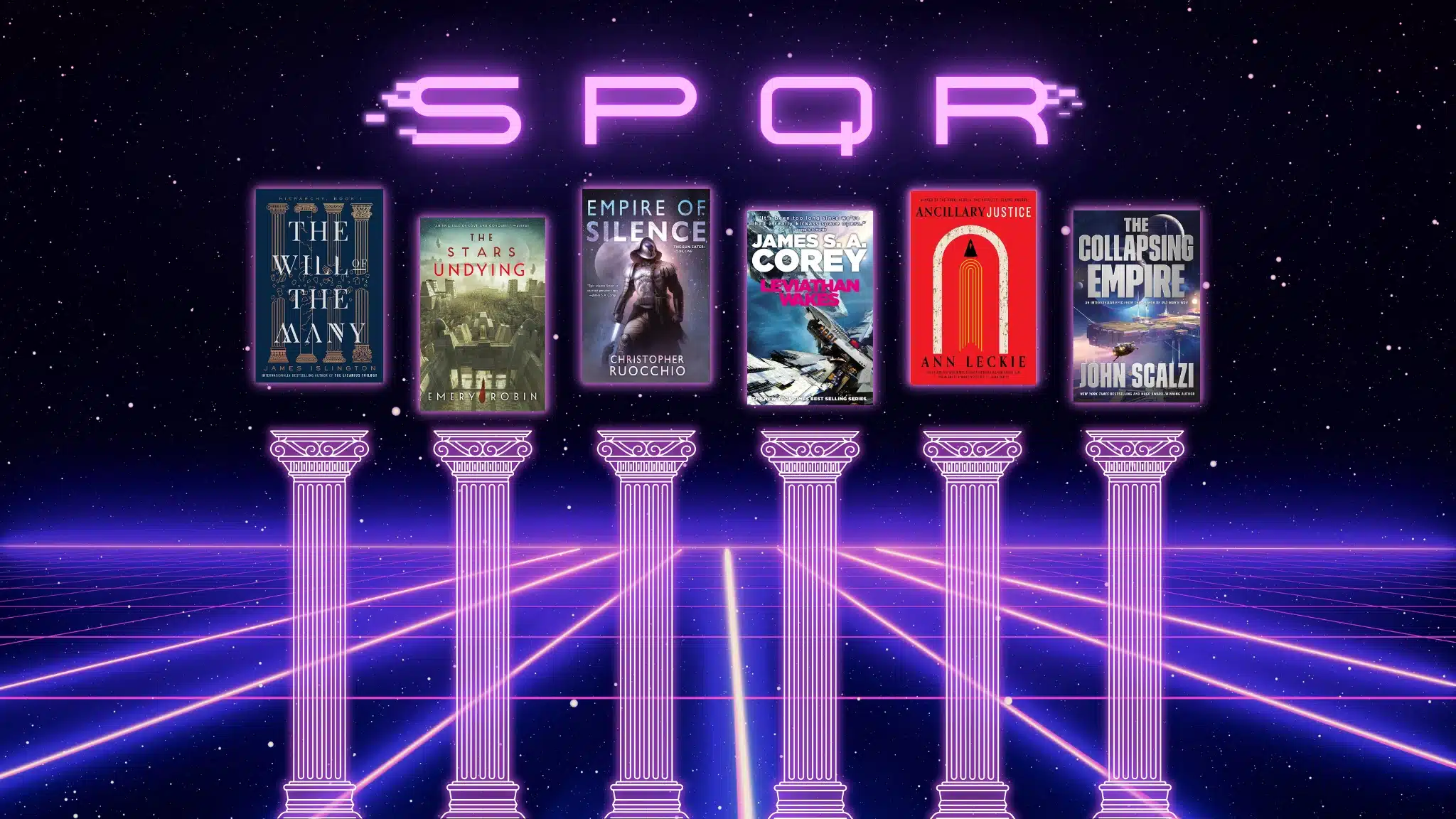




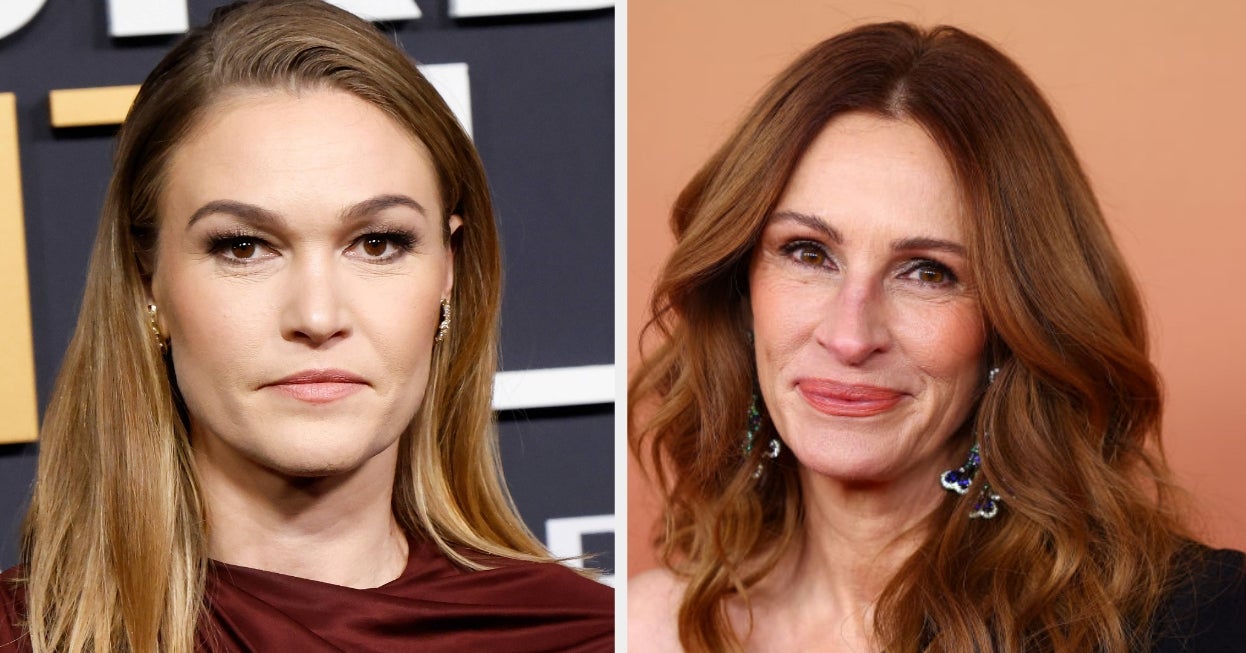



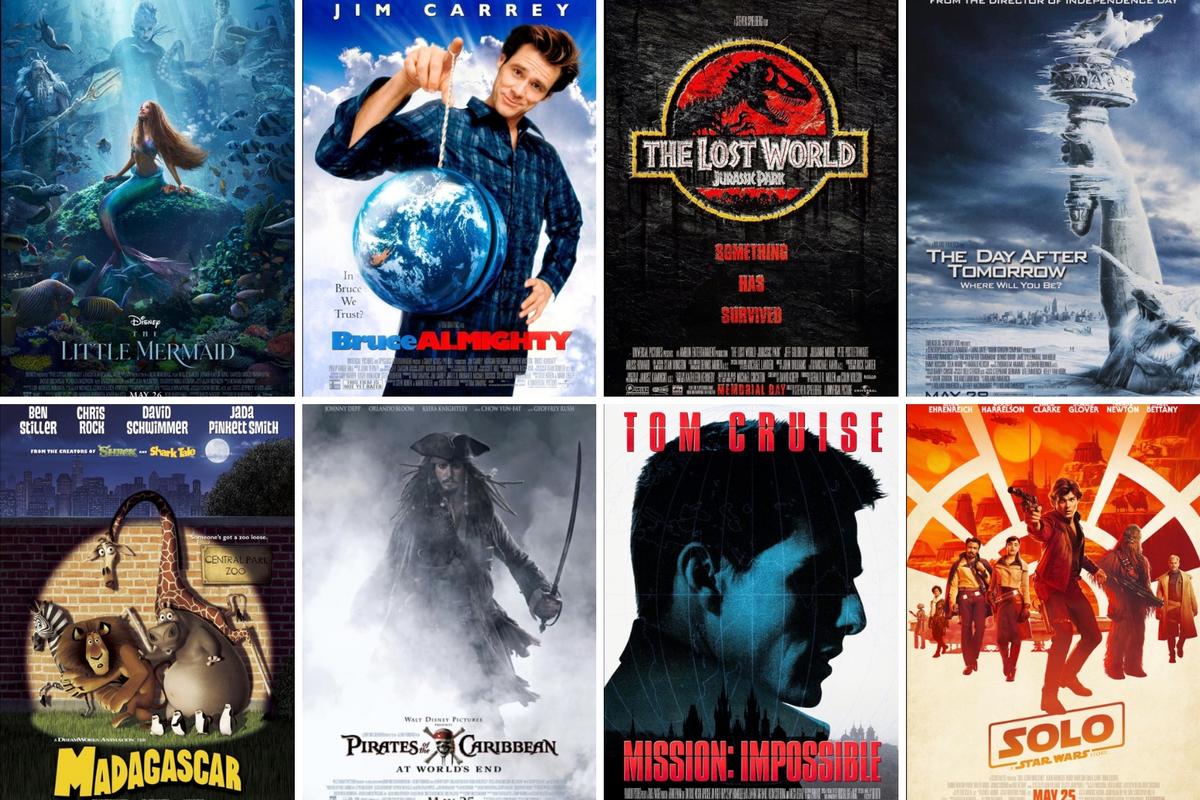



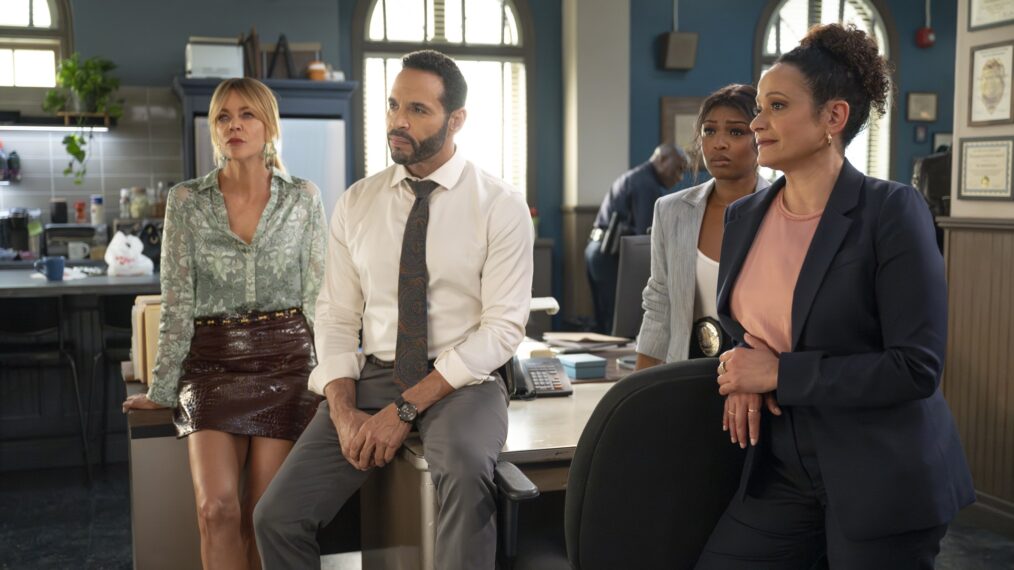
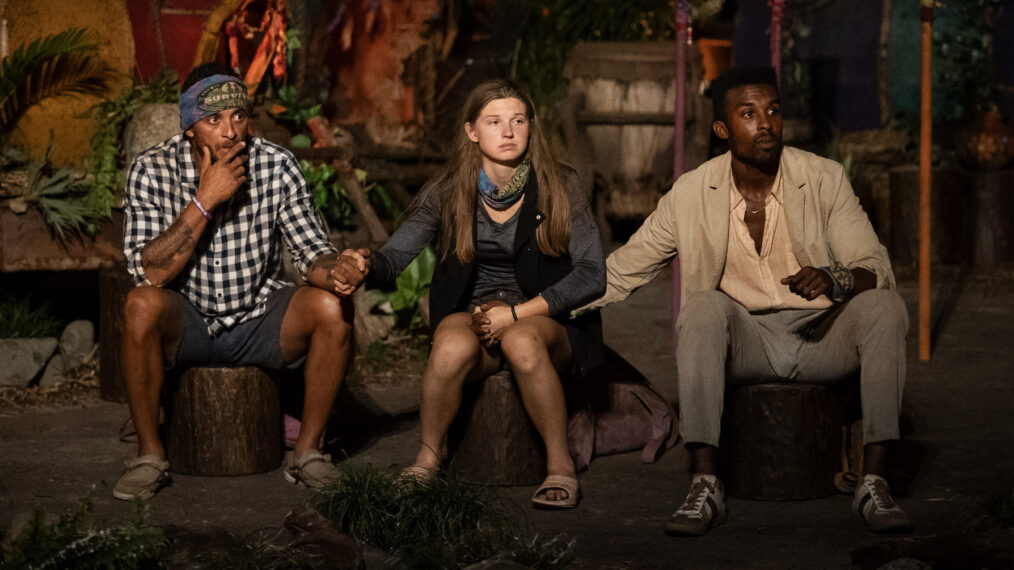




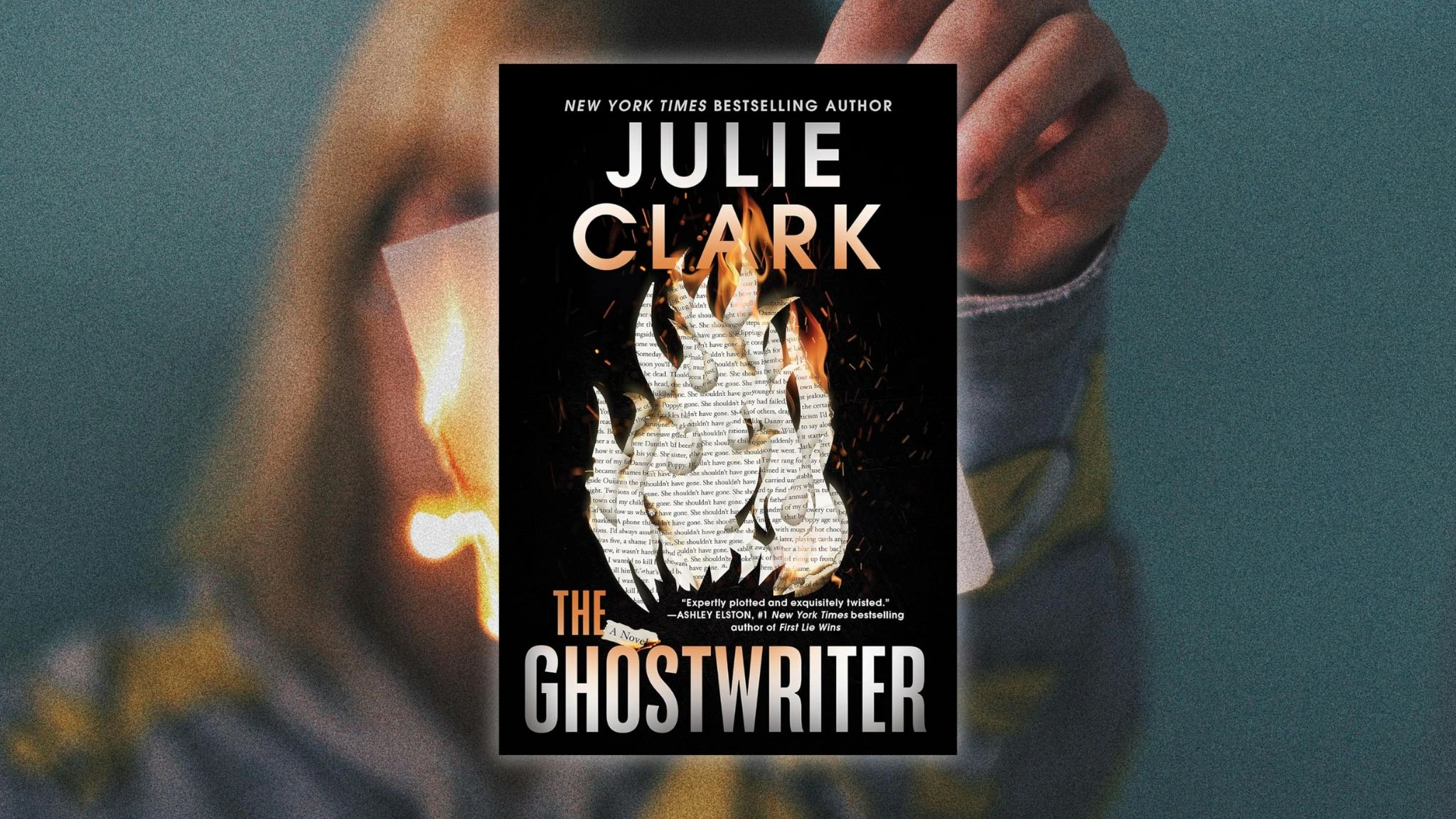
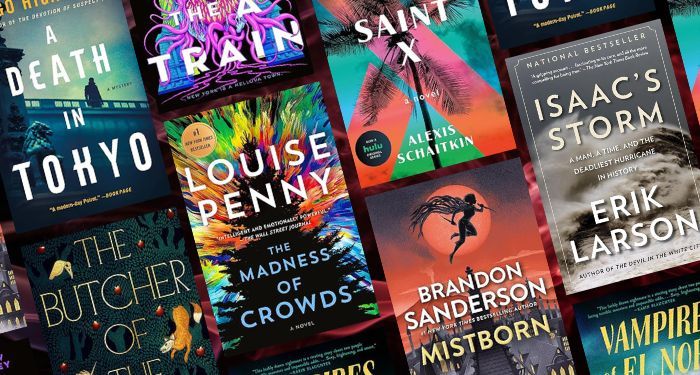
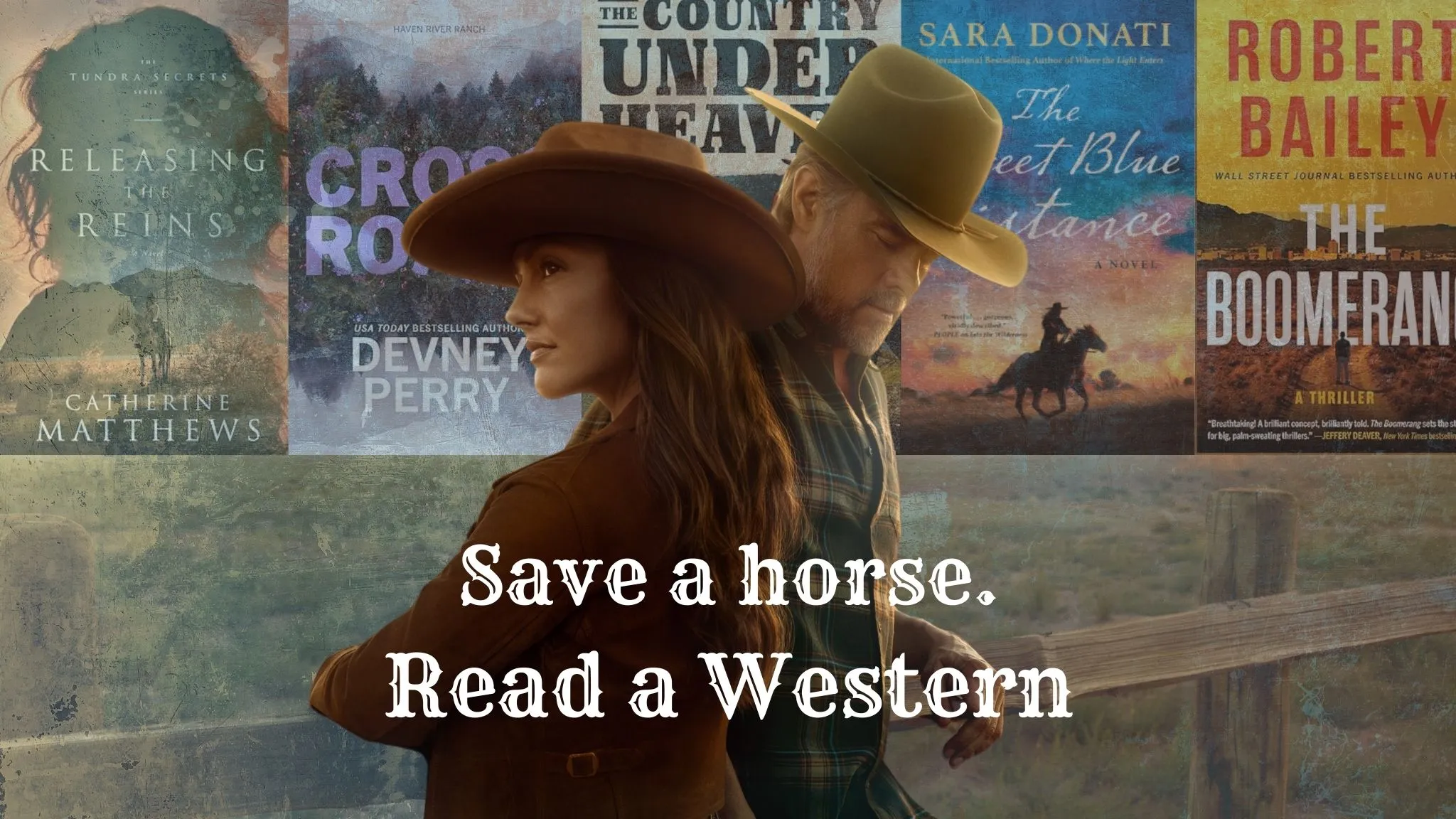


:quality(85):upscale()/2025/05/19/981/n/1922564/93076eb0682bb18c994e06.89379902_.png)

:quality(85):upscale()/2025/05/23/715/n/1922564/1e63d6e168309df259d956.72331408_.png)
